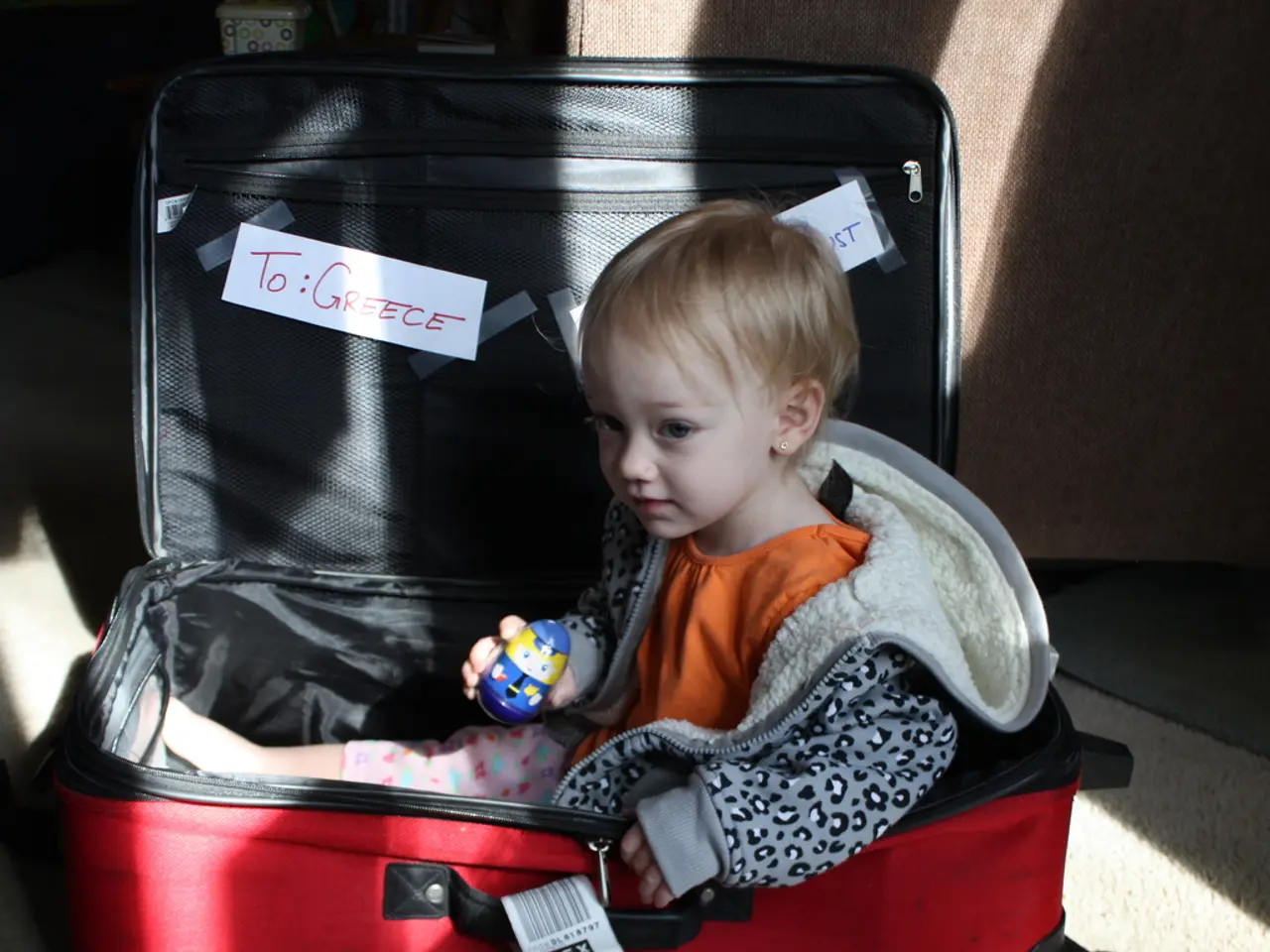U.S. Secretary of State Rubio discusses security, energy matters, and Visa Waiver program with Romania's Foreign Affairs Minister
=====================================================================
The United States and Romania are deepening their Strategic Partnership, with the focus on security and defense cooperation, energy collaboration, migration management, and trade expansion. This robust relationship, established in 1997, was the central theme of a conversation between US Secretary of State Marco Rubio and Romanian Foreign Minister Oana Țoiu on July 31.
During their discussion, the topics of security and defense were at the forefront. Secretary Rubio and Minister Țoiu discussed ongoing U.S.-Romanian cooperation in NATO exercises, such as Saber Guardian 25, which enhances interoperability and coordination between the U.S. Army and Romanian Land Forces on NATO’s Eastern Flank. They also touched upon the co-production of ammunition, further reaffirming bilateral cooperation in defense.
In the energy sector, the emphasis is on the development of modular nuclear reactors and resources in the Black Sea. The discussions align with broader strategic goals to diversify and secure energy supplies in the region.
Migration management is another core area where both countries are working together. The latest talks between Secretary Rubio and Minister Țoiu reinforced their commitment to counter illegal migration effectively.
Trade and economic relations are expanding notably. Arizona became the first U.S. state to open a commercial service office in Romania, reflecting growing confidence in Romania as a regional economic hub. This office aims to facilitate trade, investment, and business partnerships spanning Eastern Europe and the Western Balkans. Furthermore, the Romanian Embassy in Washington DC annually organizes events promoting economic ties, fostering dialogues between Romanian diplomats, American companies, and U.S. government representatives to deepen trade and business collaboration.
Minister Țoiu plans to visit the U.S. in September, preparing President Nicușor Dan's official visit to Washington early next year. The Romanian authorities attach special importance to Romania's participation in the Visa Waiver Program, with the electronic nationality verification program being an important step in the process.
Secretary of State Marco Rubio welcomed Romania's participation in the electronic nationality verification program, expressing a desire for fair and balanced trade. Minister Țoiu expressed confidence that Romania's participation in the Visa Waiver Program will support the internal security objectives of the Trump Administration.
Good interministerial collaboration and the Prime Minister's contribution are crucial in pursuing Romania's participation in the Visa Waiver Program. The Romanian authorities are committed to cooperating closely with American institutions involved in the Visa Waiver Program.
In conclusion, these facets illustrate a multifaceted bilateral relationship anchored in shared security goals, energy collaboration, coordinated migration management, and strengthening economic and trade connections. The deepening of the Strategic Partnership is a common priority for both sides, ensuring a strong foundation for future cooperation.
- The discussion on general news topics between Secretary Rubio and Minister Țoiu highlighted the importance of diversifying and securing energy supplies, with a focus on the development of modular nuclear reactors and resources in the Black Sea, as well as Romania's participation in the electronic nationality verification program, aiming to support internal security objectives and fair and balanced trade.
- Beyond energy and security, the deepening Strategic Partnership between the United States and Romania extends to the finance sector, with Arizona's opening of a commercial service office in Romania, and politics, as both countries work together on countering illegal migration and Romania's pursuit of participation in the Visa Waiver Program, reinforcing their commitment to collaborate closely with American institutions involved in the process.




